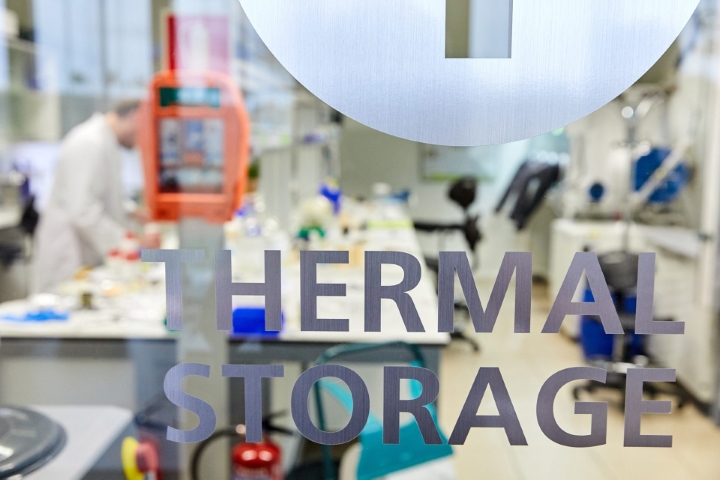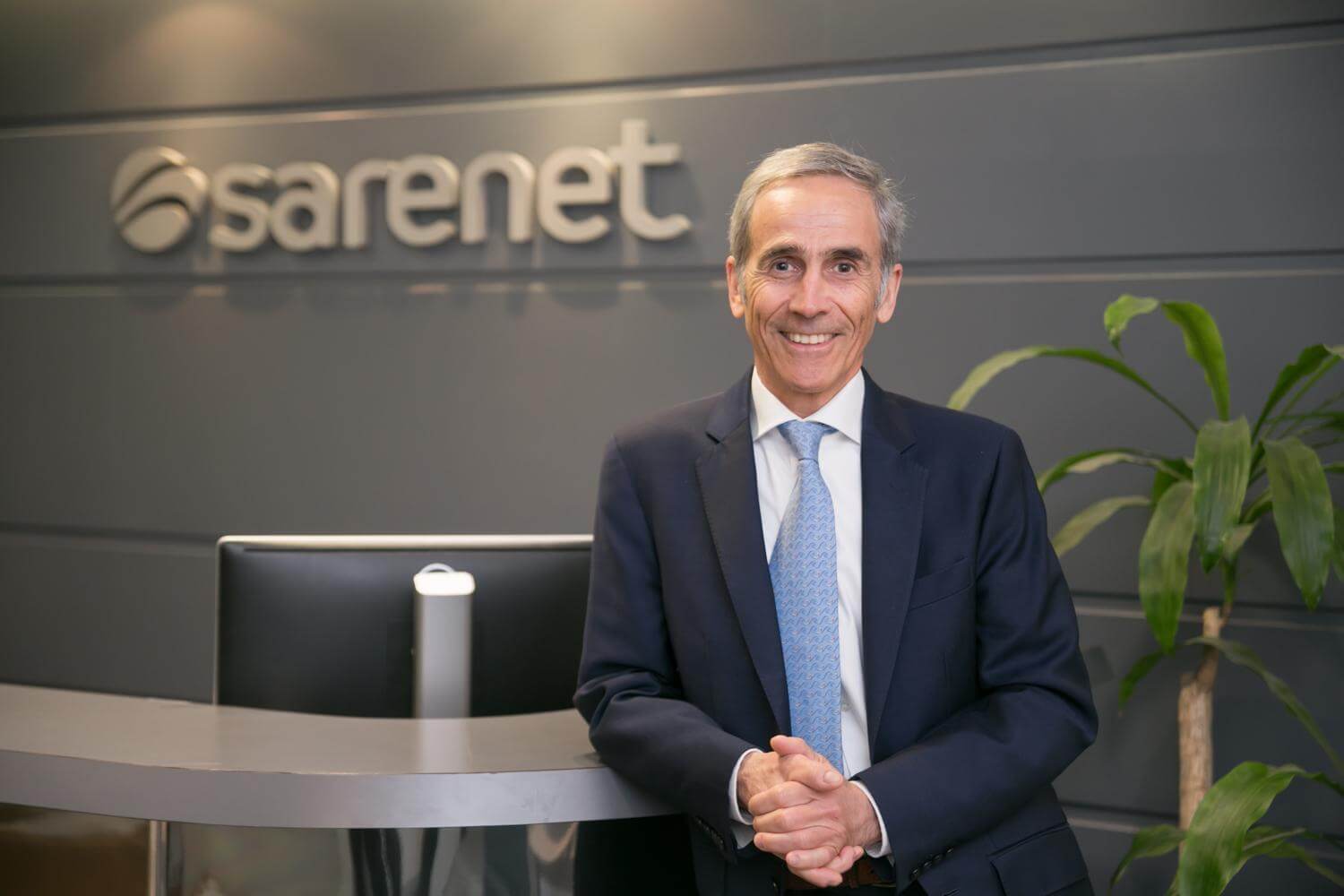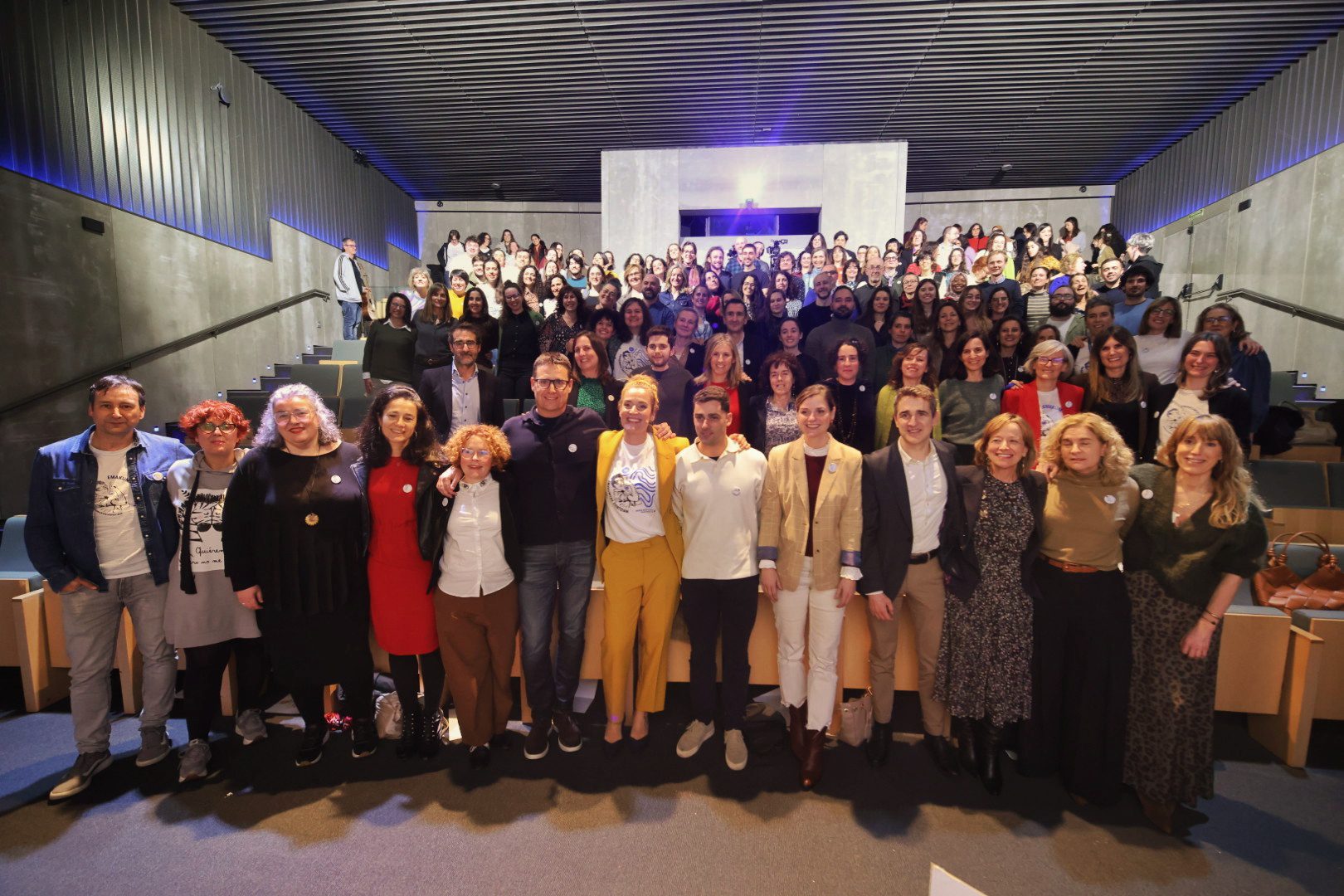CIC energiGUNE promotes the development of a waste heat storage system to replace fossil fuels in the industry

The European HEATERNAL project will contribute to reducing the dependence on natural gas in industrial plants that require high temperature heat, promoting decarbonisation and opening the door to the use of renewable energies in industrial processes.
CIC energiGUNE will lead the development of phase change materials that allow high storage compactness, low cost and long durability at high temperature.
 CIC energiGUNE, a leading Basque research centre in electrochemical energy storage, thermal energy storage and conversion and hydrogen technologies, has begun work on the development of a thermal energy storage system that will recover industrial waste heat and meet the high-temperature heat needs of strategic industries such as metallurgy and minerals. The work is part of the European HEATERNAL project, an initiative designed to reduce dependence on fossil fuels – significantly natural gas – and open the door to the storage of excess renewable electricity, enabling the conversion of that electricity into heat.
CIC energiGUNE, a leading Basque research centre in electrochemical energy storage, thermal energy storage and conversion and hydrogen technologies, has begun work on the development of a thermal energy storage system that will recover industrial waste heat and meet the high-temperature heat needs of strategic industries such as metallurgy and minerals. The work is part of the European HEATERNAL project, an initiative designed to reduce dependence on fossil fuels – significantly natural gas – and open the door to the storage of excess renewable electricity, enabling the conversion of that electricity into heat.
“Taking into account the current climate and geopolitical scenario, the impact of HEATERNAL is going to be notorious, both in terms of reducing dependence on natural gas and contributing to decarbonisation”, said Elena Palomo, Principal Investigator of CIC energiGUNE in this project, whose launch meeting took place on Tuesday 20 June in Grenoble (France), at the headquarters of the project leader CEA (Commissariat a L’Energie Atomique et aux Energies).
CIC energiGUNE’s work within the project will revolve around the development of innovative thermal storage materials that are stable at 600-900°C, that multiply by 3 the thermal storage capacity of currently used materials, and that have a proven lifetime of more than 1000 hours of operation, with a low energy and CO2 footprint, non-toxic and safe, and easy to recycle.
In key sectors such as steel, ceramics and aluminium, HEATERNAL’s preliminary technical-economic study on use cases of interest foresees a return on investment of less than 3 years and a balanced cost of stored energy of less than 6 euros/MWh, while the exploitation plan foresees the implementation of the solution in the first factory in 2030. The sales forecast is estimated at 286 million euros from sales of phase change materials, ceramic refractories and engineering services by 2040, and will avoid the emission of 147.5 Mt of CO2 in 2040 thanks to the storage systems.
The Consortium is a strong partnership of three leading European research centres, one university and seven private companies, including three SMEs. It covers the entire innovation chain and the most important elements of the value chain: end-users and process engineering. Its members, in addition to CIC energiGUNE and the leading CEA, are: University of Ghent, Leitat, Torrecid, Lomartov, Calderys France, Sociedade Portuguesa de Inovação, Aluminia Española, Ugitech and Delaunay et Fils.




